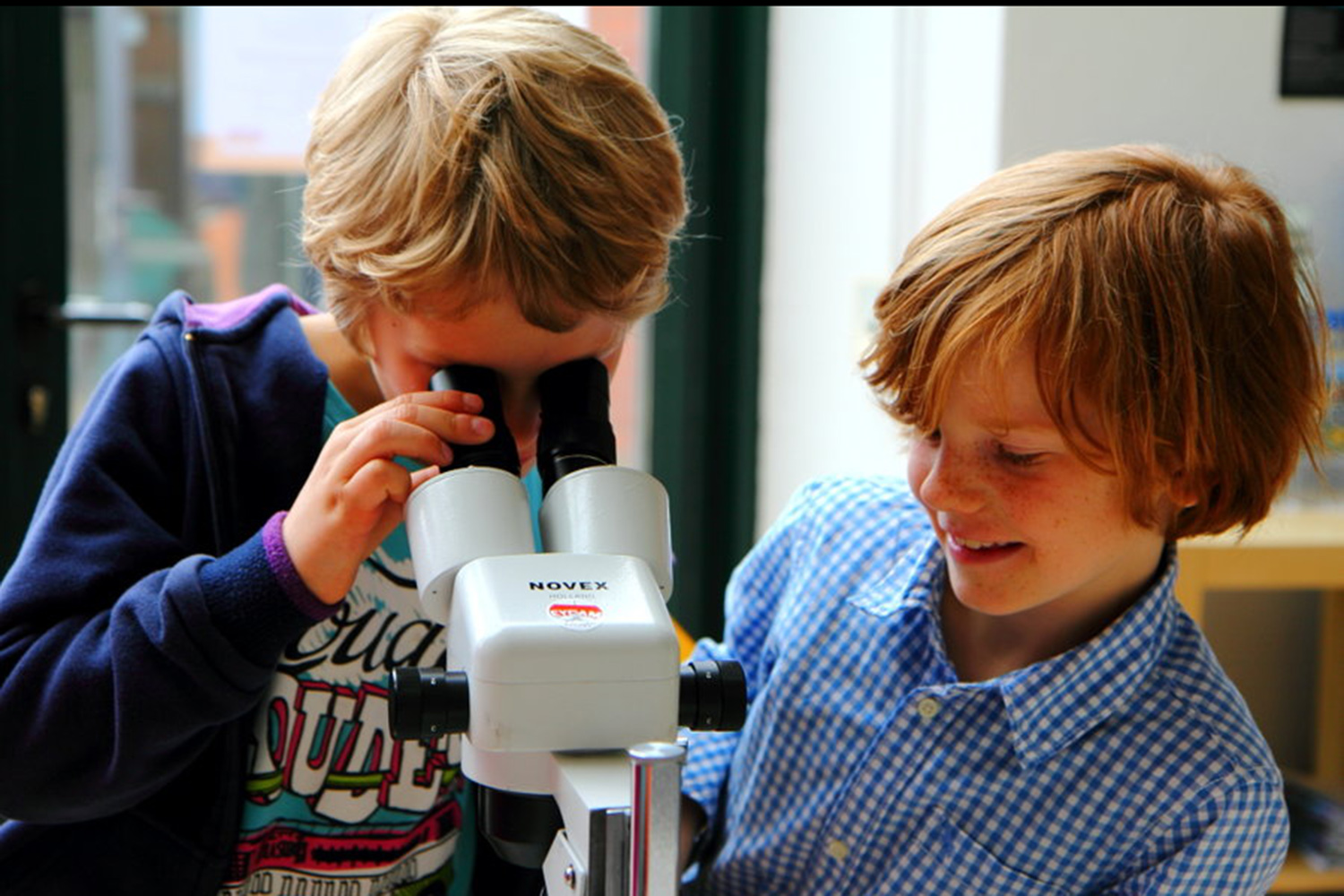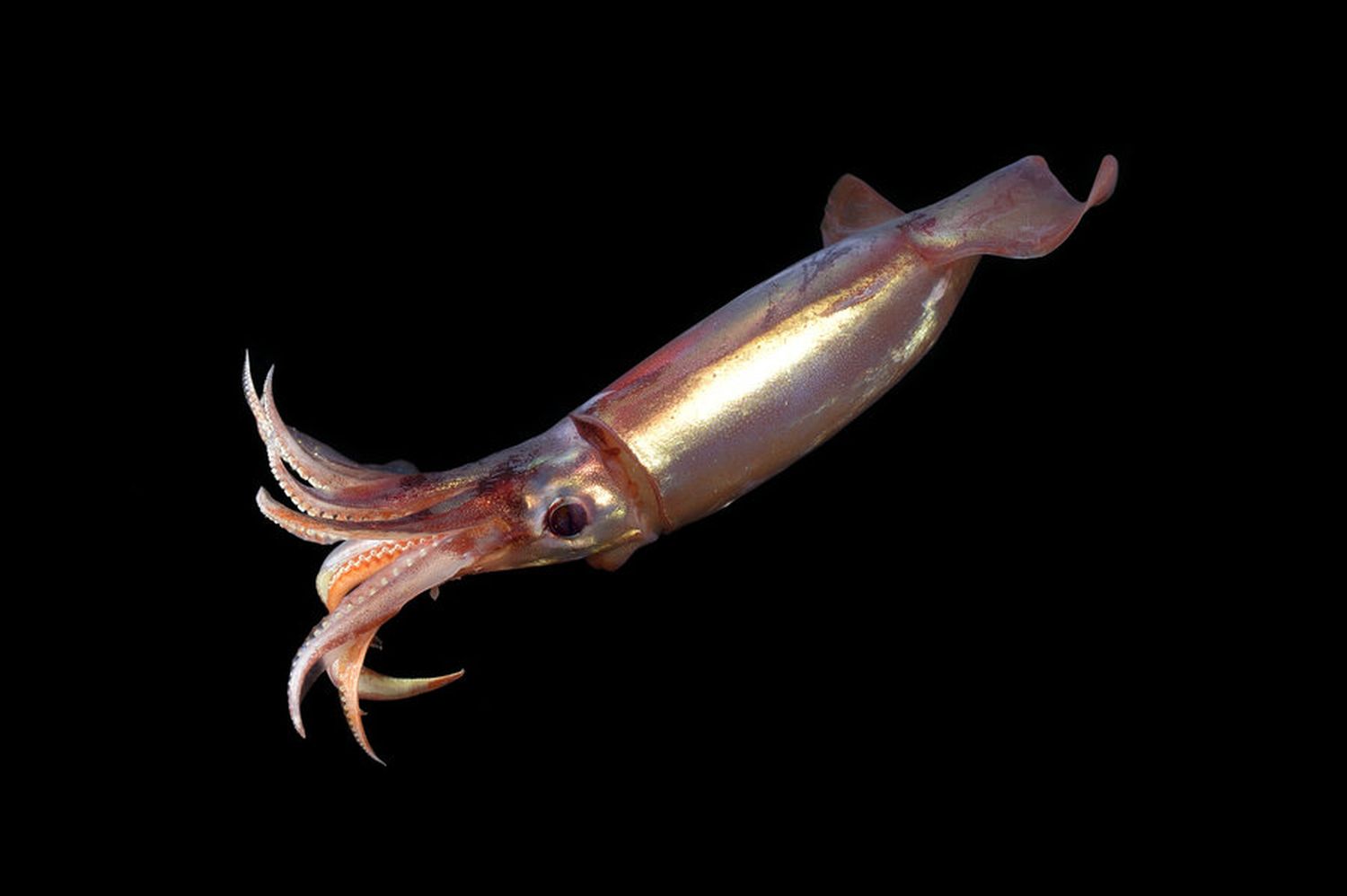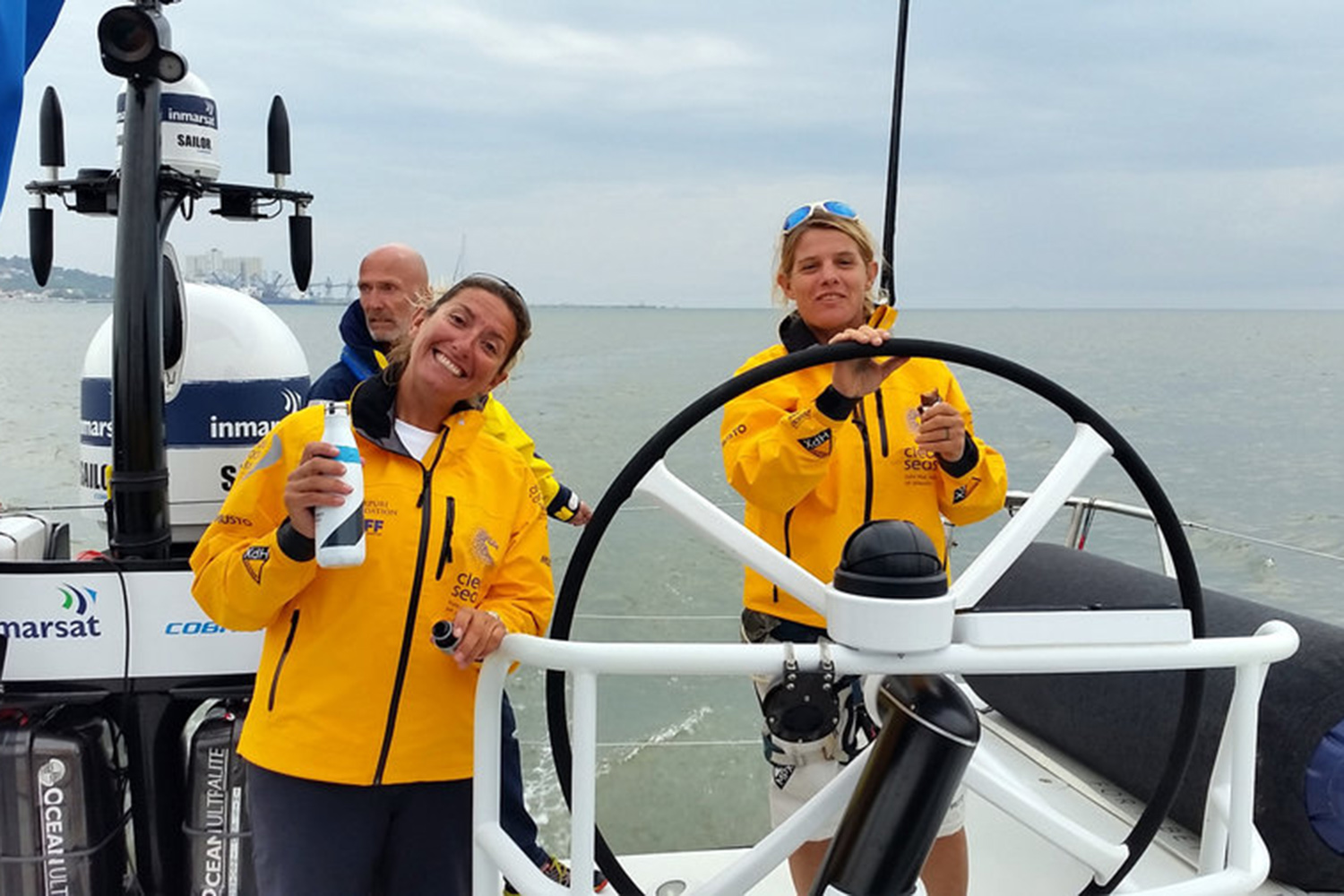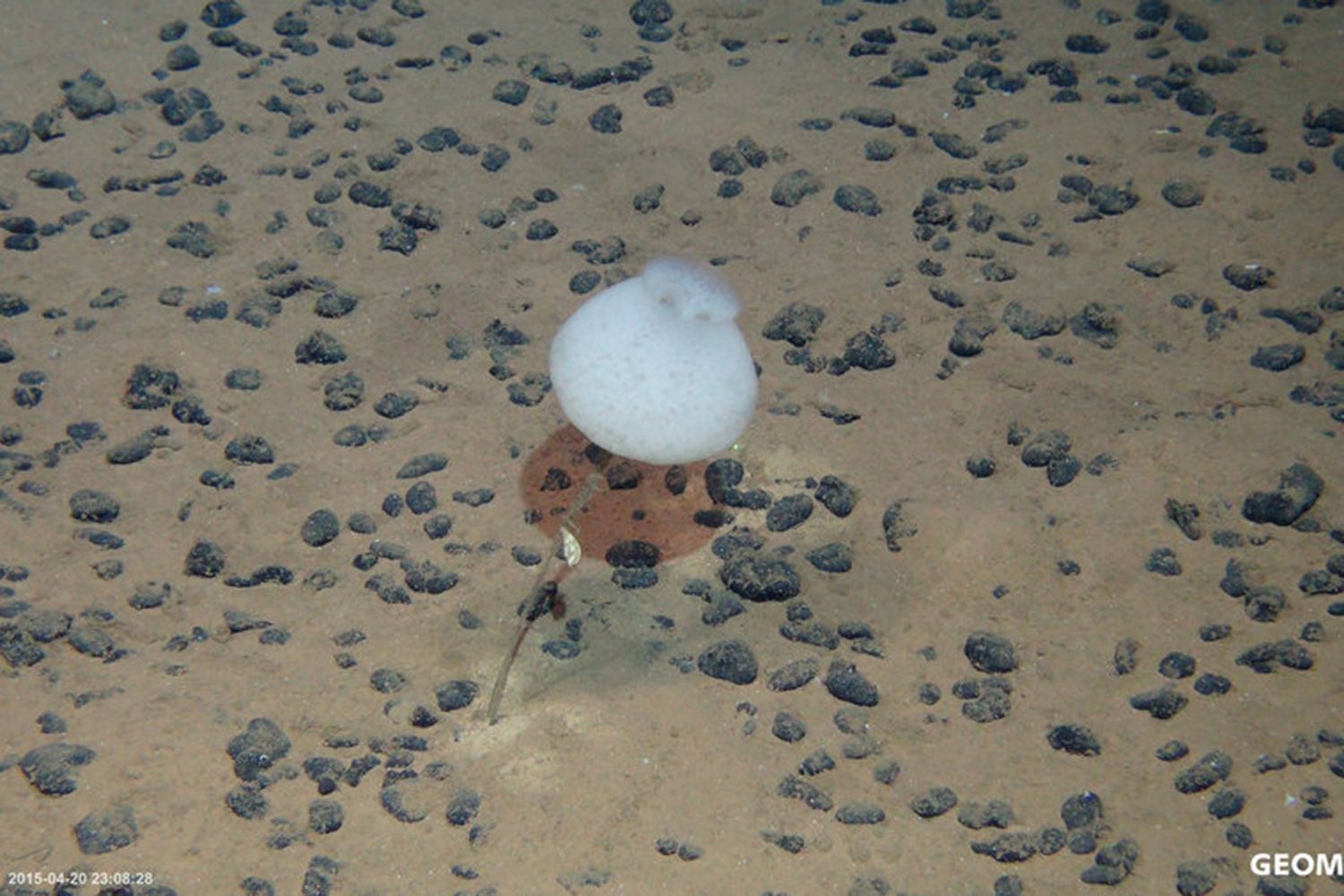Where does the fish come from? How can I recognize if a fish comes from a sustainably fished stock? How big and how old was the fish when it was caught? And how can consumers be sure that fish and marine products are labeled correctly. These and other questions will be studied in the project #fischdetektive, which is coordinated by the GEOMAR Helmholtz Centre for Ocean Research Kiel. The citizen science project is funded by the Federal Ministry of Education and Research (BMBF) within the framework of the Science Year 2016*17 Seas and Oceans.
In a nation-wide three-week long campaign from June 8th to June 25th, children and young people between 10 and 16 years will head out with sampling kits to collect samples as fish detectives. These will then be sent to GEOMAR and studied there. "We only need very small tissue samples in order to identify species and stocks with the help of a genetic fingerprint (bar coding) in the molecular laboratory of the GEOMAR," explains project coordinator Dr. Anna Bockelmann from GEOMAR.
The scientists at GEOMAR hope to obtain more than 1000 samples in this manner. " This would be ten times as much as in earlier studies; only with the help of citizen science research would it be possible to collect so many samples in such a short time!" according to Anna Bockelmann.
To kick-off the project, a two-day event will take place at GEOMAR from February 23rd to the 24th in which experts, including some from the area of citizen science projects, will take part in addition to the researchers. They will deal with questions such as: What makes citizen science projects successful? How can I get children and young people excited and interested in marine topics? What is sustainable fishery and how can I assess it?
Apart from the research questions, the aim of the project is also to raise children's and young people's interest in citizen science and sustainable fisheries. Dr. Anna Bockelmann is hopeful: "With this project, we would like to make a contribution which helps children and young people to become responsible consumers."
The organizational and communications platform is the internet platform #fischdetektive (www.fischdetektive.de) with a mobile WebApp version. Here, starting in April, you can register to participate, watch an explanatory video on sampling and learn how to score points through games. The person with the highest amount of points will win the first prize: An excursion with one of the GEOMAR research ships. Moreover, the research results of the samples will soon be available here and the young fish detectives will be able to exchange views on them with scientists. The presence of the project on the social media networks Instagram and Facebook will provide further possibilities to share your experiences as a fish detective with friends.
Background information Year of Science 2016*17 Seas and Oceans
Marine research is the topic of the Year of Science 2016*17. Seas and Oceans cover about 70 percent of our planet. They are a climate machine, a source of nutrition, an economic space – they provide a habitat for many plants and animals. Scientists have studied oceans for a long time; however, they are still very mysterious and largely unexplored.
The Year of Science 2016*17 deals with the discovery of seas and oceans, their protection and sustainable use. The Science Years are a joint initiative of the Federal Ministry for Education and Research (BMBF) and "Wissenschaft im Dialog" (Science in Dialogue, WID). As a key instrument of science communication, they raise public awareness about research and support the dialogue between science and society. The German Marine Research Consortium (KDM) is a professional partner of the Year of Science 2016*17.
Note for media representatives:
If you are interested in participating in the kick-off event, please register with Dr. Anna Bockelmann (abockelmann@geomar.de).
Links:
www.fischdetektive.de Communication platform #fischdetektive
www.geomar.de/fileadmin/content/news/Events/2017/2017-02-23-Fischdetektive.pdf Link to the kick-off event
www.wissenschaftsjahr.de Year of the Seas and Oceans 2016*17 of the BMBF 2016*17 des BMBF
Contact:
Dr. Andreas Villwock (GEOMAR, Communikation & Media), Tel.: 0431 600-2802 presse@geomar.de
…



